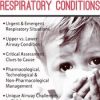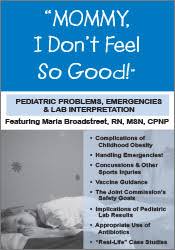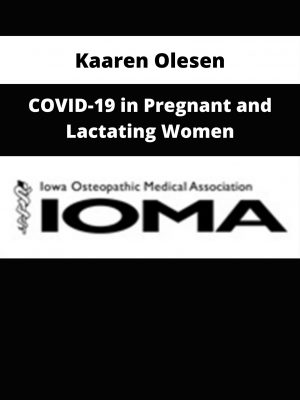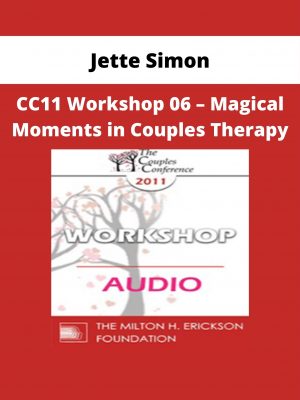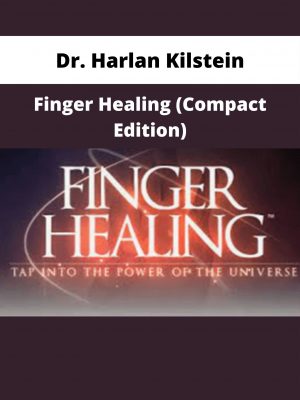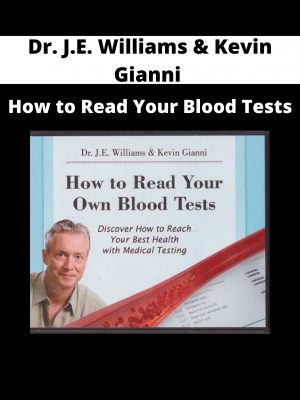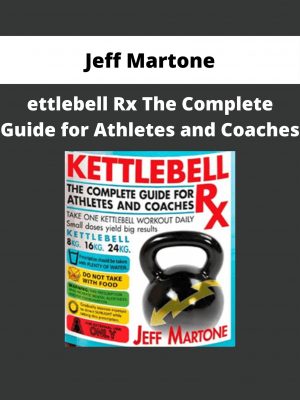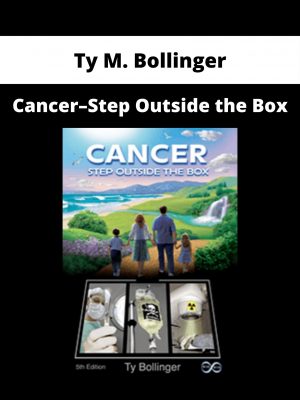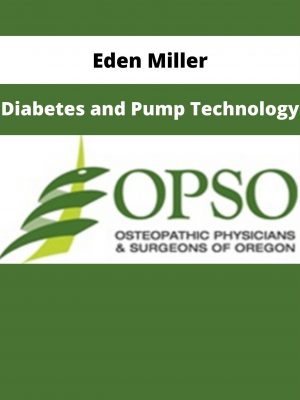Maria Broadstreet – MOMMY, I Don’t Feel So Good
$219 Original price was: $219.$62Current price is: $62.
Shopping Instructions:
- DISCOUNT 15% : SHOP15
- Product Delivery: Within 1 – 12 hours after purchase.
Available for Pre-Order. This product will be available within a few days.
Maria Broadstreet – MOMMY, I Don’t Feel So Good
Description:
- Complications of Childhood Obesity
- Handling Emergencies!
- Concussions & Other Sports Injuries
- Vaccine Guidance
- The Joint Commission’s Safety Goals
- Implications of Pediatric Lab Results
- Appropriate Use of Antibiotics
- “Real-Life” Case Studies
Whether you have experience caring for children every day or find yourself intermittently expected to provide pediatric care, it is important to have up-to-date knowledge/skills with this specialized population. This knowledge becomes even more important if you practice in a rural area or perhaps are a school nurse where you are expected to make quick, independent decisions on illnesses in children. After attending this seminar, you will have new-found knowledge that you can use the very next day with your patients and families. The seminar will not just provide theory and research, but information you can actually use in practice.
Common presenting pediatric problems will be divided by age group and include assessment of problems like meningitis, hypertension, fractures and more time-oriented complaints, such as abdominal pain and headaches. We will also discuss common parental questions such as… Is my son old enough to lift weights? Are energy drinks harmful? Could this skin infection be MRSA? When can I give my child peanuts? Pediatric emergencies will be presented, as well, with tips on how to identify the problem and initial interventions to decrease morbidity and mortality.
OUTLINE
Well Child
- Assessment/Diagnosis of Problems by Age Group
- How to take a thorough history
- Growth & Development: What’s Normal?
- Developmental milestones
- Assessment of development
- Anticipatory Guidance: “What Do You Want to Look Out For?”
- Through the 1st year
- Toddler
- School age
- Teens & beyond
- More Vaccines?
- HPV: It’s not just for girls
- Pertussis
- Influenza
- What about autism?
- Pediatric Lab Interpretation
- Identifying baseline testing
- Can an allergy test be done in primary care?
- Interpreting results
Presenting Pediatric Problems
- Infancy
- RSV
- Failure to thrive: Metabolic disorders, heart disease
- Meningitis
- School Age
- Obesity
- Hypertension
- Pre-hypertension vs. hypertension
- Causes: Renal, cardiac, lifestyle
- Eval/treatment: Dietary guidelines 2010, medications, link to cholesterol
- Adolescents/Teens
- Headaches
- Depression/suicide
- Drug Abuse
- Prescription drug overdose
- Street names
Pediatric Emergencies
- Allergies/anaphylaxis
- Seizures
- Drowning
Parental Guidance
- Concussions & Sports Injuries
- New International Guidelines
- Return to play
- Treatment strategies vs. adults
- Symptoms/Long-term complications
- Weight lifting/performance enhancing substances
- New International Guidelines
- Antibiotic Resistance/MRSA
- Energy Drinks
- Life-Threatening Allergies
- Internet Safety
The Joint Commission
- Patient safety goals: What are they?
- Medication safety
- Staff communication
- Preventing infection
- Risk Management: A 7-step approach to protect yourself
- Patient Satisfaction Metrics
- Discharge information
OBJECTIVES
- Analyze the research on vaccine recommendations and relay data to parents in a non-confrontational approach.
- Differentiate between a well child physical and a sports physical in relation to both history and exam.
- Explain the steps to determine etiology of pediatric hypertension.
- Compare presentation between a typical migraine headache vs. a headache requiring referral to a neurologist.
- Interpret lab data and apply the findings to clinical practice.
- Demonstrate knowledge of the AAP’s recommendations on weight lifting.
- Apply your knowledge of the pathophysiology of drowning and recommended treatment strategies.
Would you like to receive Maria Broadstreet – MOMMY, I Don’t Feel So Good ?
ABOUT THE SPEAKER
Maria Broadstreet, RN, MSN, CPNP, graduated from Loyola University in Chicago with her MSN in 2000 and is a Certified Pediatric Nurse Practitioner in both acute and primary care. She currently practices as a Nurse Practitioner at Lurie Children’s Hospital (formerly Children’s Memorial Hospital) in Chicago, IL. At Lurie, Maria has also played an integral role in the development of a Cardiac Neurodevelopment Program. Maria has past experience in a primary care pediatric office. She treated both well and sick children with a special interest in the asthma/allergy population and was involved in developmental testing. During her career, she has taught undergraduate clinical courses for Loyola University and is adjunct faculty at DePaul University in their Family Nurse Practitioner Program, instructing graduate students in pediatric primary care. She is also honored to have been recently involved in the National Certification Corporation (NCC) campaign to educate the public on nursing certification. She is a nationally-recognized speaker and has provided educational seminars for PESI/CMI Education Institute, Inc. since 2006.
Maria is passionate about her practice and will educate and entertain you with her over 20 years of experience and knowledge in working with children and their families. You will learn through highlighted case studies, the most up-to-date research available for a variety of presenting pediatric illnesses and treatment strategies that are paramount to providing the best chance for a positive outcome.
Related products
HEALTH & MEDICAL
HEALTH & MEDICAL
KettleWorX – 8 Week Rapid Evolution Advanced Set with Alex Isaly
HEALTH & MEDICAL
CC11 Workshop 06 – Magical Moments in Couples Therapy – Jette Simon
HEALTH & MEDICAL
HEALTH & MEDICAL
Dr. J.E. Williams & Kevin Gianni – How to Read Your Blood Tests
HEALTH & MEDICAL
HEALTH & MEDICAL


